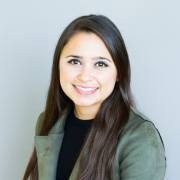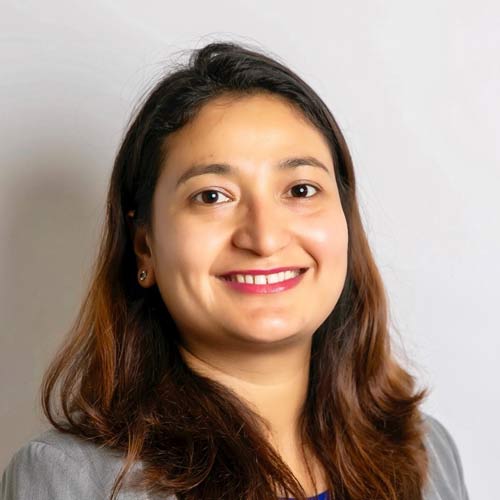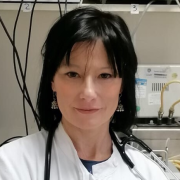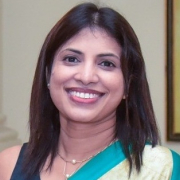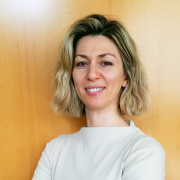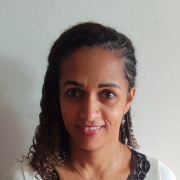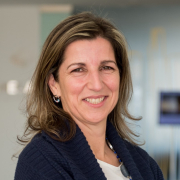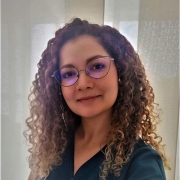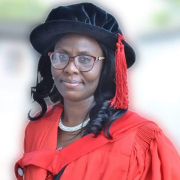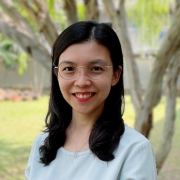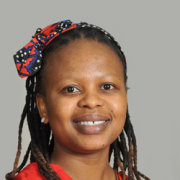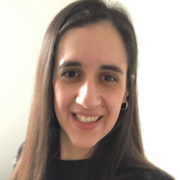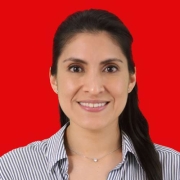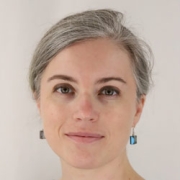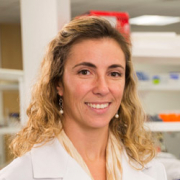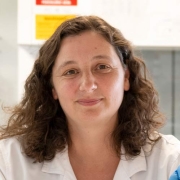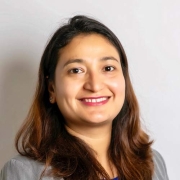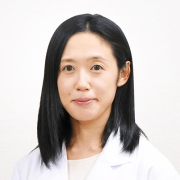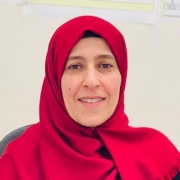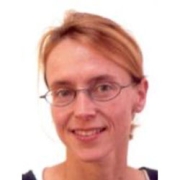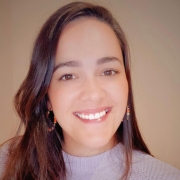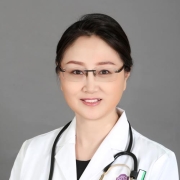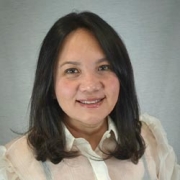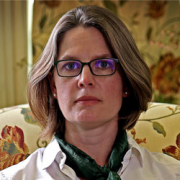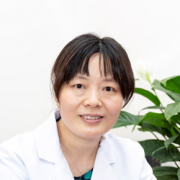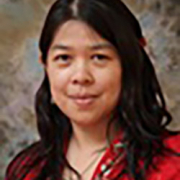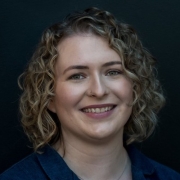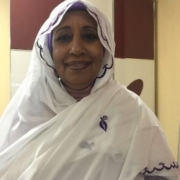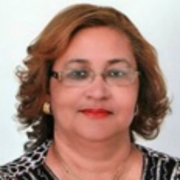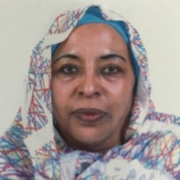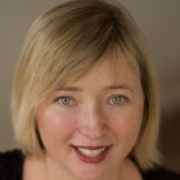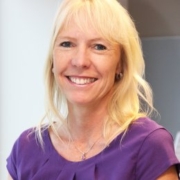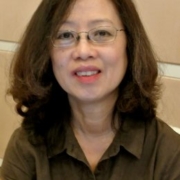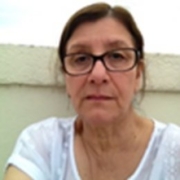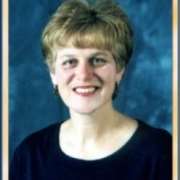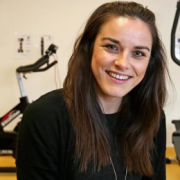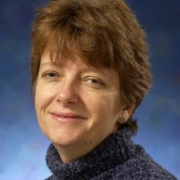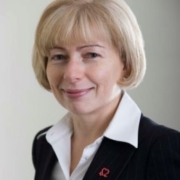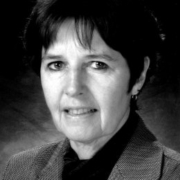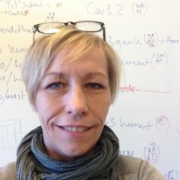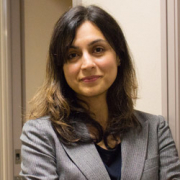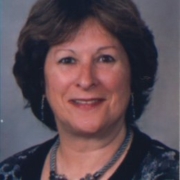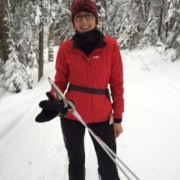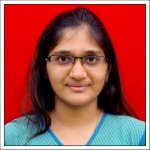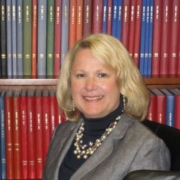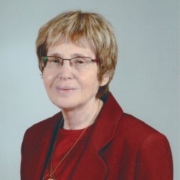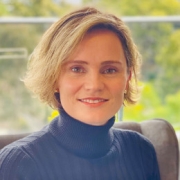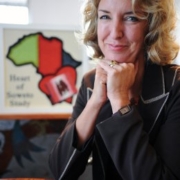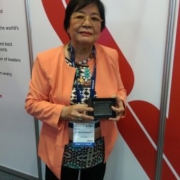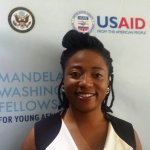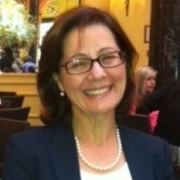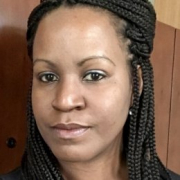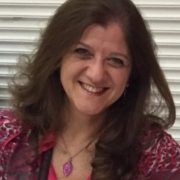What is your role at your work?
Academic, researcher and supervisor of student thesis. I plan and deliver epidemiology course to the undergraduate and post graduate public health students. I am also implementing a TelTEXT4CVD (text messages+ phone call) intervention for management of CVD risk factors among patients with hypertension in Nepal funded by Department of Global Health, Harvard T H Chan School of Public Health, USA.
How did you get interested in your career path?
My Interest in cardiovascular disease especially hypertension management started from my undergraduate degree when I witnessed the premature death of my young age relative due to heart attack. Since then, I started my journey researching the management of hypertension – from my undergraduate studies to my PhD thesis. During this time, I got opportunity to learn and work under many influential researchers that shaped and extended my knowledge and interest in this area.
What are you most proud of in your career or otherwise?
Growing up in the middle class family of LMICs, I was selected for the PhD study in the prestigious university of Australia through Australia Awards scholarship, was a very proud moment for me as female scholar (first female PhD in my family) from Nepal. I got plenty of opportunity to enhance and deepen my CVD expertise and interest through my diverse supervisory team including Prof Alta and other supervisors during my PhD period and afterwards. In addition, when I was selected as a Bernard Lown Scholar in Cardiovascular Health Program in the Department of Global Health, Harvard T H Chan School of Public Health, USA which supported in implementation of extension of my PhD Project was more than a dream come true moment for me.
What important career challenges have you faced and how did you overcome them?
I faced lots of challenges in shaping my career track for PhD (PhD scholarship) due to lack of mentorship and other career development opportunities in my country. However, I never gave up and continued to work on my scientific writing and explored all the available opportunities, which helped me to get the PhD scholarship. In addition, work-life balance was also great challenge as I had to leave my family back home to complete my PhD study overseas. However, due to my family support and acquired life skilled (time management skills, delf care-Exercise/Yoga, meditation) helped me a lot to overcome those challenges.
What advice would you give your younger self?
I wish I had explored the potential of mentorship opportunities rather than trying to resolve all the career related issues without any clues. In addition, never give up and never underestimate your capabilities. If you are determined to achieve something, you would achieve one day despite the challenges.
Highlight your most significant research contributions and publications (3-5) – if relevant to you.
1. Hypertension management using mobile technology:
– Bhandari B, Narasimhan P, Jayasuriya R, Vaidya A, Schutte A. Effectiveness of a mobile phone text messaging intervention for blood pressure control (TEXT4BP) among hypertensive patients in Nepal: a Feasibility Randomised Controlled Trial. Global Heart. 2022;17(1):13
– Bhandari B, Narasimhan P, Vaidya A, Jayasuriya R. Theory-based mobile phone text messaging intervention for blood pressure control (TEXT4BP) among hypertensive patients in Nepal: study protocol for a feasibility randomized controlled trial. BMJ Open. 2020 Sep 1;10(9):e040799.
2. Formative studies for intervention design for hypertension management
– Bhandari B, Schutte AE, Jayasuriya R, Vaidya A, Subedi M, Narasimhan P. Acceptability of a mHealth strategy for hypertension management in a low-income and middle-income country setting: a formative qualitative study among patients and healthcare providers. BMJ open. 2021 Nov 1;11(11):e052986.
– Bhandari B, Narasimhan P, Vaidya A, Subedi M, Jayasuriya R. Barriers and facilitators for treatment and control of high blood pressure among hypertensive patients in Kathmandu, Nepal: a qualitative study informed by COM-B model of behaviour change. BMC Public Health. 2021;21(1):1524
3. Systematic review and meta-analysis for CVD management.
– Bhandari B, Zhixin L, Xiao F, Blessing, Rona M, Hall J, Schutte A, Xu Xiaoyue. Food groups and cardiovascular mortality: a systematic review and meta-analysis of longitudinal prospective cohort studies. Advances in Nutrition Reviews. 2022;Dec
Have you had any significant career mentors? If yes, please provide further details.
I was fortunate to complete my PhD under the supervision of well renowned cardiovascular epidemiologist Prof Aletta E Schutte, past president of the International Society of Hypertension and Global cardiovascular implementation researcher. Though there were lots of uncertainties in my PhD when she joined the supervisory panel, my journey was very smooth due to her continued support, encouragement and belief in my capabilities. Even after my PhD, she is always there to support despite her busy schedule. I learned a lot from her work-life balance, efficient working style. I am also very thankful to my other supervisors (Dr Rohan Jayasuriya, Dr Padmanesan Narasimhan and Prof Abhinav Vaidya) and Lown scholar mentor (Prof Vilma) from Harvard University whose support is invaluable in my careers till date.
How can we support the next generation of women scientists?
Impactful mentorship: Most of the women scientist struggle for career progress despite having the capabilities. Mentorship with some set goals (career counselling, publication support) etc would be very helpful.
In addition, generating platform that provides opportunities to collaborate, share and learn from each other like this WiHR is very important support for women scientist.
